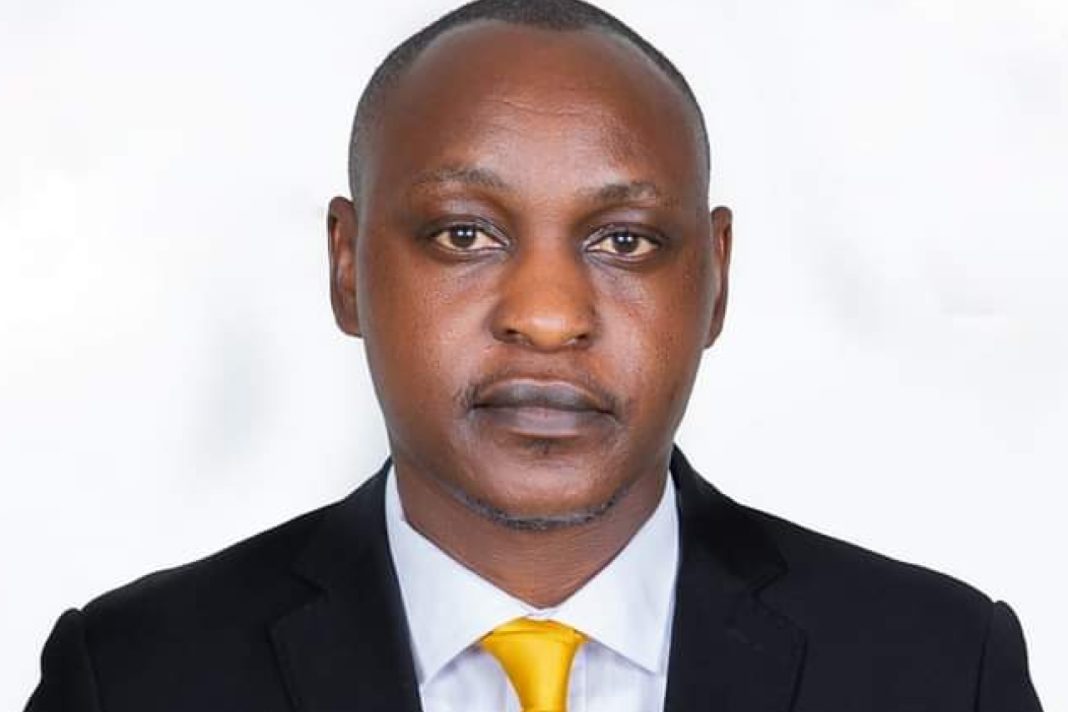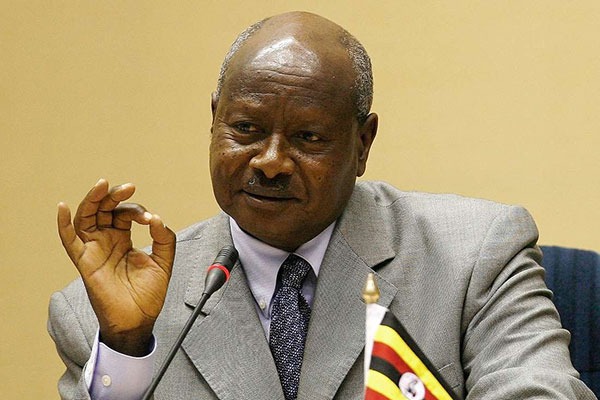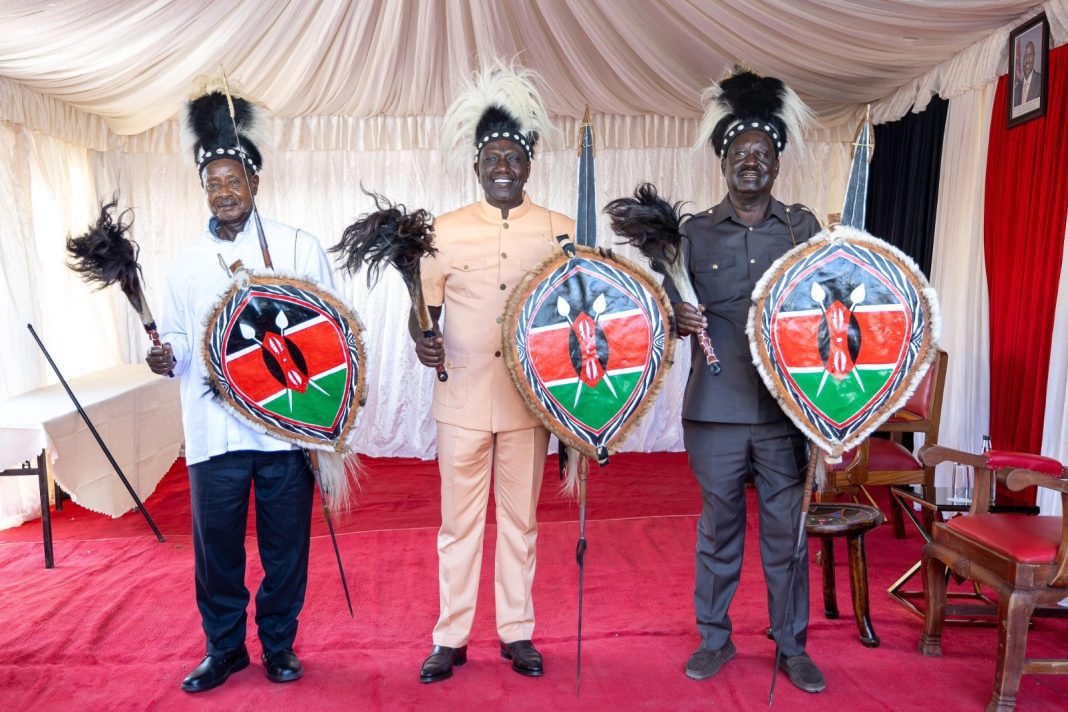By Billy Mijungu
Kenya’s political landscape has always been a spectacle, but the current state of ODM and Jubilee parties reveals an unprecedented level of chaos. These once-mighty institutions, symbols of unity and purpose, are now fractured entities defined by power struggles, opportunism, and ever-shifting alliances.
ODM, a party synonymous with resistance and reform, now wears three contradictory faces. Its first face is one of collaboration with President William Ruto. Former party leaders, citing national unity, have aligned themselves with the government, abandoning ODM’s legacy of opposition. This shift has baffled many, raising questions about the party’s ideological direction.
The second face of ODM, led by Edwin Sifuna, clings to the party’s traditional role as a staunch government critic. Sifuna’s spirited resistance seeks to uphold ODM’s identity, but his efforts are increasingly isolated as internal rifts deepen. The party’s internal cohesion, once its strength, has been undermined by infighting and divergent strategies.
The third face of ODM is its internal turmoil. Under James Orengo, a faction has turned inward, engaging in bitter disputes over leadership and resources. At the same time, Babu Owino leads a breakaway group that disregards both the party’s internal conflicts and its broader political battles, leaving ODM disjointed and unable to project a unified voice.
Jubilee’s story is just as fragmented. Initially, under former President Uhuru Kenyatta, Jubilee took a strong anti-Ruto stance. However, this position has softened, with Jubilee recently submitting names for Cabinet nominees in a gesture of cooperation with Ruto’s government. This shift marks a significant departure from its earlier rhetoric, leaving many questioning Jubilee’s core principles.
Despite Uhuru’s pivot, not all Jubilee factions have followed suit. Jeremiah Kioni remains a vocal critic of Ruto, maintaining the party’s opposition stance, albeit with diminishing influence. Meanwhile, former allies of Ruto, such as Ferdinand Waititu and Kimani Ngunjiri, have also turned against him. Their criticism, however, lacks the coherence needed to galvanize meaningful opposition.
Then there is Rigathi Gachagua, who has emerged as the most formidable opposition figure against Ruto from central Kenya. Having been politically deposed within the ruling coalition, Gachagua has embraced his new role as a vocal critic of the administration he once supported. His influence among central Kenya’s electorate and his ability to rally disenchanted former allies make him a key player in shaping the region’s political future.
Compounding this political disarray is the peculiar triangle involving Uhuru Kenyatta, Rigathi Gachagua, and Kalonzo Musyoka. Uhuru speaks to Kalonzo, and Gachagua speaks to Kalonzo, but Uhuru and Gachagua remain estranged. This dynamic underscores the mistrust and personal rivalries that define Kenya’s political elite, where alliances are dictated by convenience rather than principle.
Elsewhere, Musalia Mudavadi remains a riddle. Despite holding a key position in Ruto’s government, Mudavadi’s silence on critical issues leaves many questioning his influence. His Maragoli Mafia, feeling perpetually sidelined, continues its tradition of quietly retreating rather than asserting its position. Moses Wetangula, ever the political pragmatist, is likely to align himself with whichever faction guarantees his speakership, prioritizing personal gain over ideological consistency.
Kenya’s political arena has become a theatre of disunity and opportunism, with ODM and Jubilee offering no clear direction. For the ordinary citizen, this state of affairs is deeply disheartening. Instead of leadership that addresses the country’s pressing challenges, Kenyans are left to witness a circus where personal ambition takes precedence over public service.
In this wild, weird Kenya, one truth remains: the politics of survival has replaced the politics of vision, and the nation continues to pay the price for its leaders’ unrelenting pursuit of power.
Facebook X Instagram TikTok LinkedIn
@BillyMijungu #Forward #TusongeMbele




